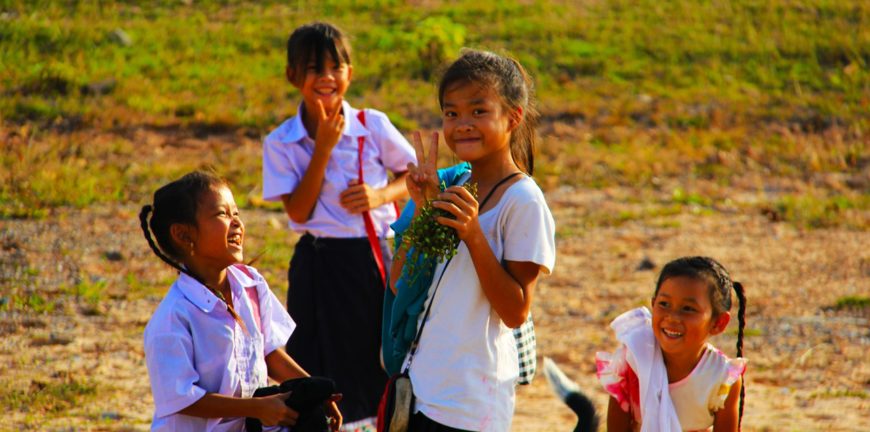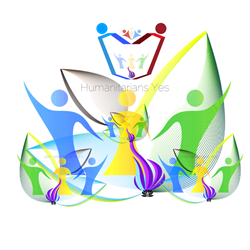
Education
Education Awareness
Learning is a vital part of experience. When knowledge is put to good use it virtually becomes the key to success in any path of life. Learning most will agree is a lifetime thing that life the best teacher of all teaches us—such as for example how to grow up, and manage, and plan, and be engaged in life, and live it to the best and highest potential we can.
One particular area of education that draws a lot of attention in the humanitarian sector and is much needed is the raising of awareness about the problems to do with meeting the essential needs of creating a better life for children of communities that live in remote areas. In most cases in those places there is very little in the way of education and associated resources for support and providing the things needed so the community can be sustainable and the future secured—especially children receiving the essential education to develop their skills, service their lifestyle needs, and given the opportunities to add as they grow older, their knowledge and service to work and to continue the traditions, health, customs, and care and management of their community’s needs and survival in today’s ever-increasing and changing world.
Remote Areas
These communities can easily fall by the wayside of the larger society they belong to with some eventually ending up extinct or swallowed up by the demands of society, unless they are given the access to things like technology, schooling, new and better methods of farming, handicrafts, tools and resources that make their life easier and support the traditions and way of life so that it survives and also maintains economic growth and productivity standards of living and sustainability.
Humanitarian education awareness works on promoting and developing group and individual awareness through educational resources, mostly learning programs that support young kids in remote areas or where it’s needed—so they can go to school and learn reading, writing, and arithmetic and other important subjects and have the materials to do that. This is vital for the social values and economy of the community. The kids are able to be taught cultural, and historical values, and work ethic and background is preserved and allowed the benefit to grow—sustainable programs are created which gives life to the kids and young people who otherwise might not ever get the opportunity to become who they want to be, or realise their full potential and the scope they have to grow and direct and make their life journey.
The Effects of Poor Education
When problems occur as a result of poor or no education, or training in school, or work skills for the young person or kid’s future potential it means they are severely limited. Without the skills and know-how it can easily retard the young individual’s creativity and future life path and purpose—no inquiry or initiatives are undertaken about what it is they want to do when they grow up because they haven’t been given the education opportunity due to the lack of financial aid, or family matters and commitments, or deterrents quiet often which they have no real say in and just take as a matter of fact. Without ever really getting a go at discovering what their inherent individual talents and skills are and developing them they can quickly become lost and feel like they are useless and consequently end up doing nothing in their hometown and community or playing a part in the wider community. 
At a young age without education many realise as they grow up their work life choices are limited, and they find it very difficult to get on and make it in a larger world—quite often they end up dispossessed and at the age of innocence where guidance and education are paramount a lot of kids end up entering into the dark underworld where the enticements of good money and a better life and the deceptions of the drug and sex trade swallows them up, or alternatively they simply stay at home all the time and miss out on learning in order to help out or because of lack of finances and resources to send them off to school.
 Remote Area Difficulties
Remote Area Difficulties
The difficulties these remote areas experience are varied—for example no facilities for the school or workplace, some kids have no home and consequently suffer from abuse of one sort or another. They have no access to proper medical care, and have no financial support, or place to go and socialise and meet and exchange ideas and be creative, or learn to do part time work that they like and want to further explore that perhaps sets them on their own road to start up a business later on in life. At the heart of the matter is no education or means to be able to supply those needs and support as the district and community they live in just doesn’t have the available resources. They need help to and are aware of the situation just as much.
The funds and aid for education that comes from government aid, and charities, and businesses and normal everyday people like you and me, do so much towards helping the kids and funding programs to get off the ground. Some of it is allocated to pay staff and teachers, buy text books, pay for school fees, scholarships and important school projects and planning while some goes into purchasing much needed medical aid, and food, building and construction of new facilities and equipment for the remote community. It allows for creativity, fun, and health, to flourish and self-autonomy and initiatives undertaken by the kids. The funds help towards travel, sufficient clothes, excursions, lunch and meeting all the basic needs required for kids these days who live in remote areas or who haven’t the means to get an education.
That those educational needs are being met the school, the home, the community life of the kids becomes a safe, and nurturing, and natural environment that grows organically and knowledge is put to practical use and benefit, and the community is able to manage and be equipped to maintain a sustainable lifestyle.
Save
Save
Save
Save

